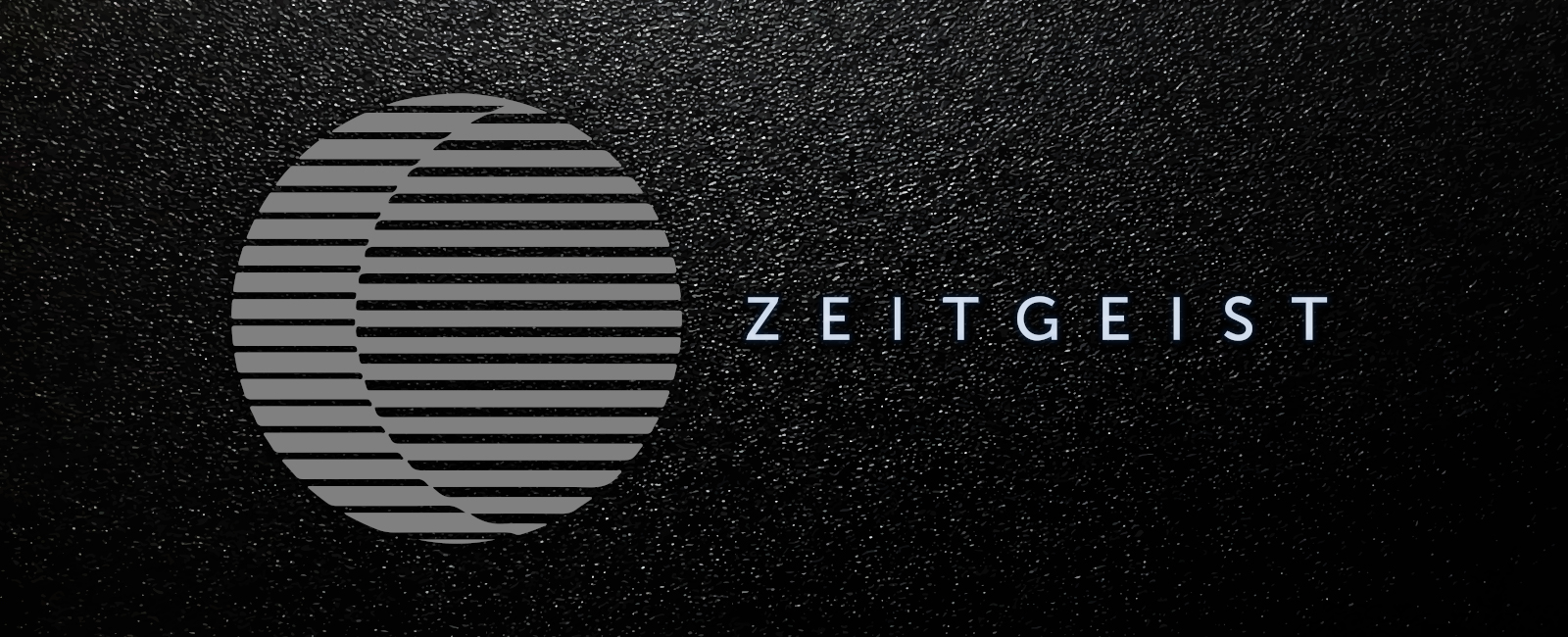
Zeitgeist is a decentralized network for creating, betting on, and resolving prediction markets. The platform's native currency, the ZTG, is used to sway the direction of the network, and as a means of last-call dispute resolution. Additionally, Zeitgeist is a protocol for efficient trading of prediction market shares and will one day become the backbone of the decentralized finance ecosystem by allowing traders to create complex financial contracts on virtually anything.
- authorized - Offers authorized resolution of disputes.
- court - An implementation of a court mechanism used to resolve disputes in a decentralized fashion.
- global-disputes - Global disputes sets one out of multiple outcomes with the most locked ZTG tokens as the canonical outcome. This is the default process if a dispute mechanism fails to resolve.
- liquidity-mining - This pallet implements the time-based incentivization with Zeitgeist tokens for continuously providing liquidity to swap pools.
- market-commons - Contains common operations on markets that are used by multiple pallets.
- neo-swaps - An implementation of the Logarithmic Market Scoring Rule as constant function market maker, tailor-made for decentralized combinatorial markets and Futarchy.
- orderbook - An order book implementation.
- parimutuel - A straightforward parimutuel market maker for categorical markets.
- prediction-markets - The core implementation of the prediction market logic for creating and resolving markets.
- simple-disputes - Simple disputes selects the last dispute after a predetermined amount of disputes as the canonical outcome.
- swaps - An implementation of liquidity pools that allows any user to provide liquidity to the pool or swap assets in and out of the pool. The market maker that is traded against is either a Constant Function Market Maker (CFMM) or a Rikiddo Market Maker.
- primitives - Contains custom and common types, traits and constants.
- rikiddo - The module contains a completely modular implementation of our novel market scoring rule Rikiddo. It also offers a pallet, that other pallets can use to utilize the Rikiddo market scoring rule. Rikiddo can be used by the automated market maker to determine swap prices.
Zeitgeist node comes in two flavors, one for standalone self-contained execution and another for Kusama/Polkadot parachain integration.
To build the standalone version, simply point to the top directory of this project and type:
cargo build --releaseTo build the parachain version, execute the following command:
cargo build --features parachain --release
Optimized binaries (--release) are usually used for production (faster and
smaller), but this behavior is optional and up to you.
Our current beta test network Battery Station runs as a parachain. To connect your Zeitgeist parachain node, follow the tutorial at our documentation site.
Alternatively you can run a non-parachain node, which is usually only necessary for testing purposes, by executing the following command:
cargo run --release --bin zeitgeist -- <node-options-and-flags>
A common value for <node-options-and-flags> is --dev --tmp, which runs a
local temporary development node.
We publish the latest standalone and parachain version to the Docker Hub, from where it can be pulled and ran locally to connect to the network with relatively low effort and high compatibility. In order to fetch the latest docker image, ensure you have Docker installed locally, then type (or paste) the following commands in your terminal.
For parachain Zeitgeist node:
docker pull zeitgeistpm/zeitgeist-node-parachain
For standalone, non-parachain Zeitgeist node:
docker pull zeitgeistpm/zeitgeist-node
Our current beta test network Battery Station runs as a parachain. To connect your Zeitgeist parachain node, follow the tutorial at our documentation site.
Alternatively you can run a non-parachain node, which is usually only necessary for testing purposes, by executing the following command:
docker run zeitgeistpm/zeitgeist-node -- <node-options-and-flags>

